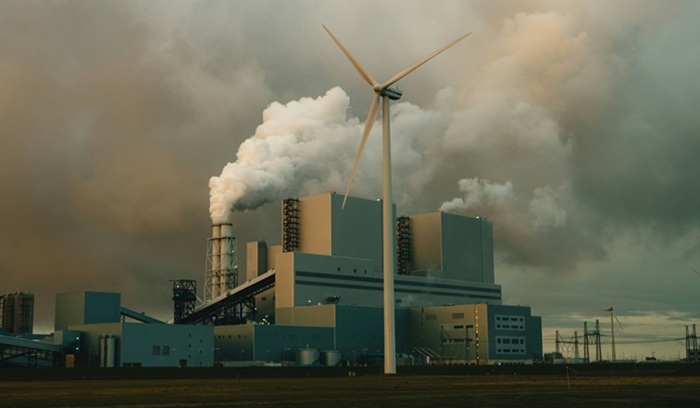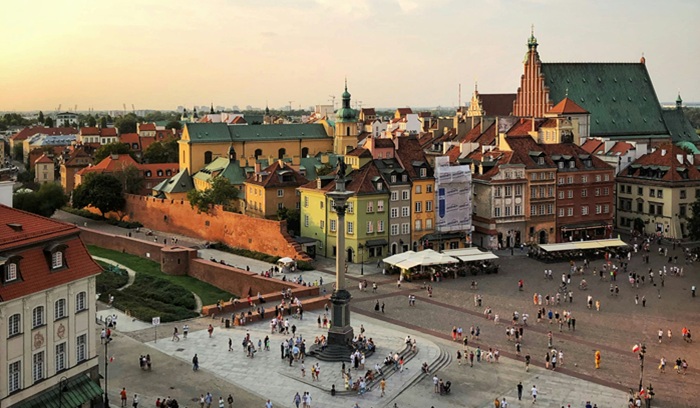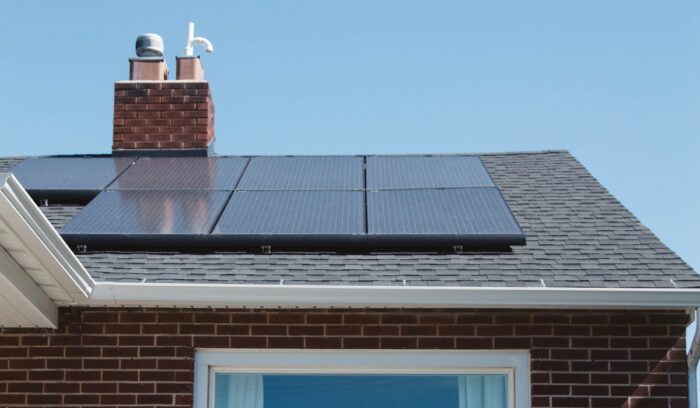Ireland shuts down its last coal-fired power plant
Ireland has become the 15th coal-free country in Europe, having ended coal power generation at its 915 MW Moneypoint coal plant in County Clare. Initially commissioned in the mid-1980s by ESB, Moneypoint was intended to help Ireland offset the impact of the oil crises in the 1970s by providing a dependable source of energy. But with Ireland now generating a lot more renewable energy, coal burning is no longer such an urgent need.









